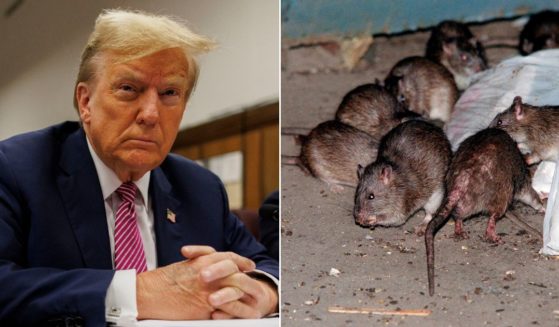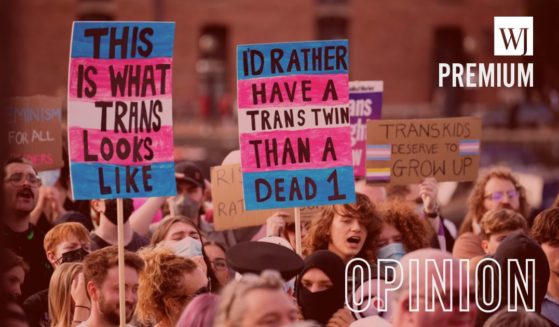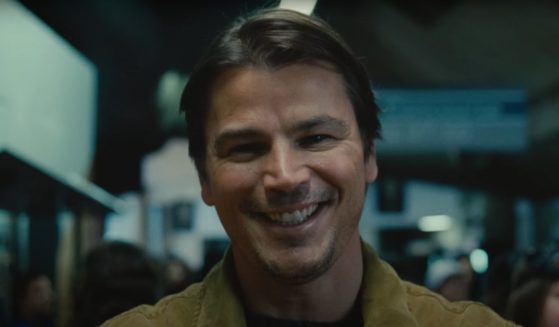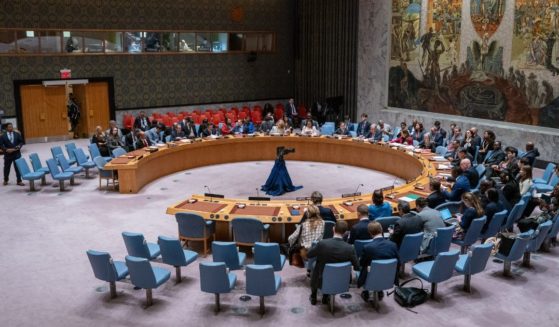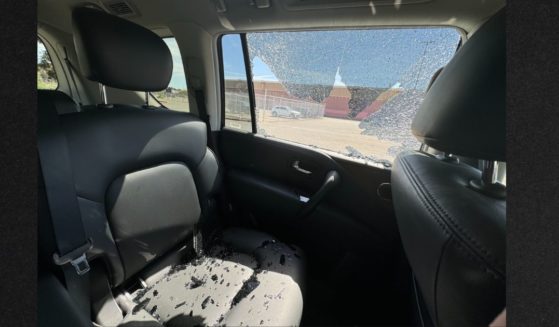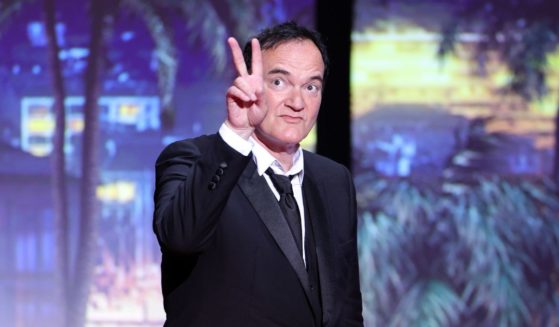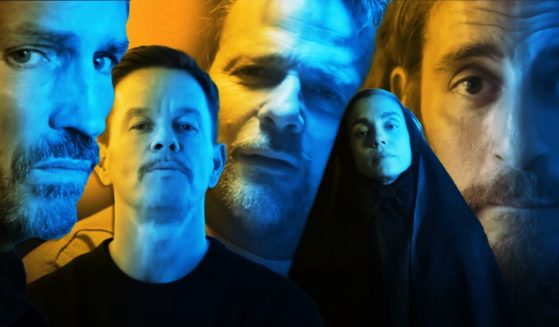Ghosn's journey: Star auto executive to masked suspect
Carlos Ghosn, the star auto executive credited with rescuing both Renault and Nissan, left a drab Tokyo detention center Wednesday after more than three months in custody, his identity obscured by a surgical mask, hat and construction worker’s outfit.
The jet-setting turnaround wizard was pursued by TV news helicopters as he traveled in a tiny Suzuki van through Tokyo streets after his release on 1 billion yen (nearly $9 million) bail — a peculiar and humbling episode in a journey that has highlighted distinct aspects of Japanese corporate life and its justice system.
Brazilian-born and raised in Lebanon, Ghosn had been held since his arrest on Nov. 19 shortly after he arrived at a Tokyo airport aboard a private jet. He has stoutly maintained his innocence and vowed to fight charges he falsified financial reports and committed breach of trust.
No date has been set for his trial, which will pit the proud, cosmopolitan European and his star legal team against Japanese prosecutors whose determination to prove their case was evident in their crusade to keep Ghosn isolated in the detention center. Only after he agreed to install a surveillance camera at his door and not use the internet, and of course not flee Japan, was he able to gain release on bail, after two denials.
The timing of Ghosn’s release allows him to spend his 65th birthday, on Saturday, with family.
Ghosn proved his mettle at tire company Michelin before he was recruited to help restore profitability at Renault AG, which is 15 percent owned by the French government. Dispatched by Renault in 1999 to help turn around its alliance partner Nissan, he delivered. Ghosn bet early on that emissions crackdowns would eventually bring an end to the era of gasoline and diesel engines, so he has championed bringing electric and autonomous cars to the masses, fighting resistance within both companies.
He won a rare degree of admiration and respect in Japan at a time when foreign top executives were a rarity. But two decades on, the welcome wore thin.
Ghosn, who by that time led the Renault-Nissan-Mitsubishi Motors alliance, found himself the subject of an internal investigation, initiated by whistleblowers, Nissan says, into his compensation and handling of company funds.
Ghosn’s star-level pay has drawn attention, since executives in Japan tend to be paid far less than their international counterparts. Some of the charges against him relate to reporting of his deferred income, promised as money, stocks and other items for a later date, including after retirement — money Ghosn says was never paid, or even agreed upon.
Nissan, which makes the March subcompact, Leaf electric car and Infiniti luxury models, says its internal probe found Ghosn hid his pay and misused company funds and assets for personal gain. It dismissed him as chairman, though he remains on the company’s board pending a shareholders meeting.
Ghosn also faces charges of breach of trust that stem from his handling of investment losses and payments to a Saudi businessman. He says the investment losses, temporarily transferred onto and then off of Nissan’s books, caused the company no losses. The payments, he says, were for legitimate business purposes.
Many within Nissan are thought to have opposed an effort to draw the company and Renault closer, or even to merge them.
In an interview in Paris with The Associated Press, defense lawyer Jean-Yves Le Borgne said Ghosn had a “plot against him” and fell into “a kind of trap” laid by detractors of the plan, which would have put in place a strong French boss.
Le Borgne said he hopes the defense team will get access to all relevant documents, not just those prosecutors select to disclose.
Ghosn’s lawyers want to establish his innocence, rebuild his reputation “and show what has happened is nothing but a terrible accident of a great boss,” Le Borgne said Wednesday.
Dapper in his tailored dark suits, Ghosn during his prime as an auto executive commanded immediate attention upon entering a room. He is a towering figure in France, where Renault is one of the heavyweight industrial survivors, and has met repeatedly with the past four French presidents; no major economic event in France was held without him.
But in Japan, some of his fellow executives at Nissan have been forthright in condemning him.
The company is declining comment on the criminal case against Ghosn. But shortly after Ghosn’s arrest, Nissan CEO Hiroto Saikawa said he held too much power in the company.
“Beyond being sorry I feel great disappointment, frustration, despair, indignation and resentment,” Saikawa said, apologizing profusely for the situation, which has raised serious questions about overall corporate governance at Nissan and drawn promises for improvements.
Prosecutors have made it clear that Ghosn is to get no special treatment. They had insisted that he should be kept in detention to prevent him from tampering with evidence or leaving the country. He gained his release on bail only after offering to adhere to restrictions to prevent that.
The conviction rate in Japan is more than 99 percent. To help even the odds Ghosn has hired a star defender, Junichiro Hironaka.
France’s finance minister said the decision to free Ghosn on bail would allow him to defend himself “freely and serenely.”
At a news conference Wednesday, Bruno Le Maire said Ghosn was entitled to the presumption of innocence. He said the solidity of the alliance with Nissan is of tremendous importance.
While Ghosn is enjoying liberty after nearly four months in solitary confinement, his lawyers have cautioned that prosecutors have leeway to file new charges.
His journey has just begun.
Alighting from the tiny, non-descript van used to convey him out of the detention center, having shed his mask and hat, Ghosn smiled.
___
Associated Press writers Yuri Kageyama in Tokyo and Jeffrey Schaeffer, Elaine Ganley and Sylvie Corbet in Paris contributed to this report.
The Western Journal has not reviewed this Associated Press story prior to publication. Therefore, it may contain editorial bias or may in some other way not meet our normal editorial standards. It is provided to our readers as a service from The Western Journal.
Truth and Accuracy
We are committed to truth and accuracy in all of our journalism. Read our editorial standards.



